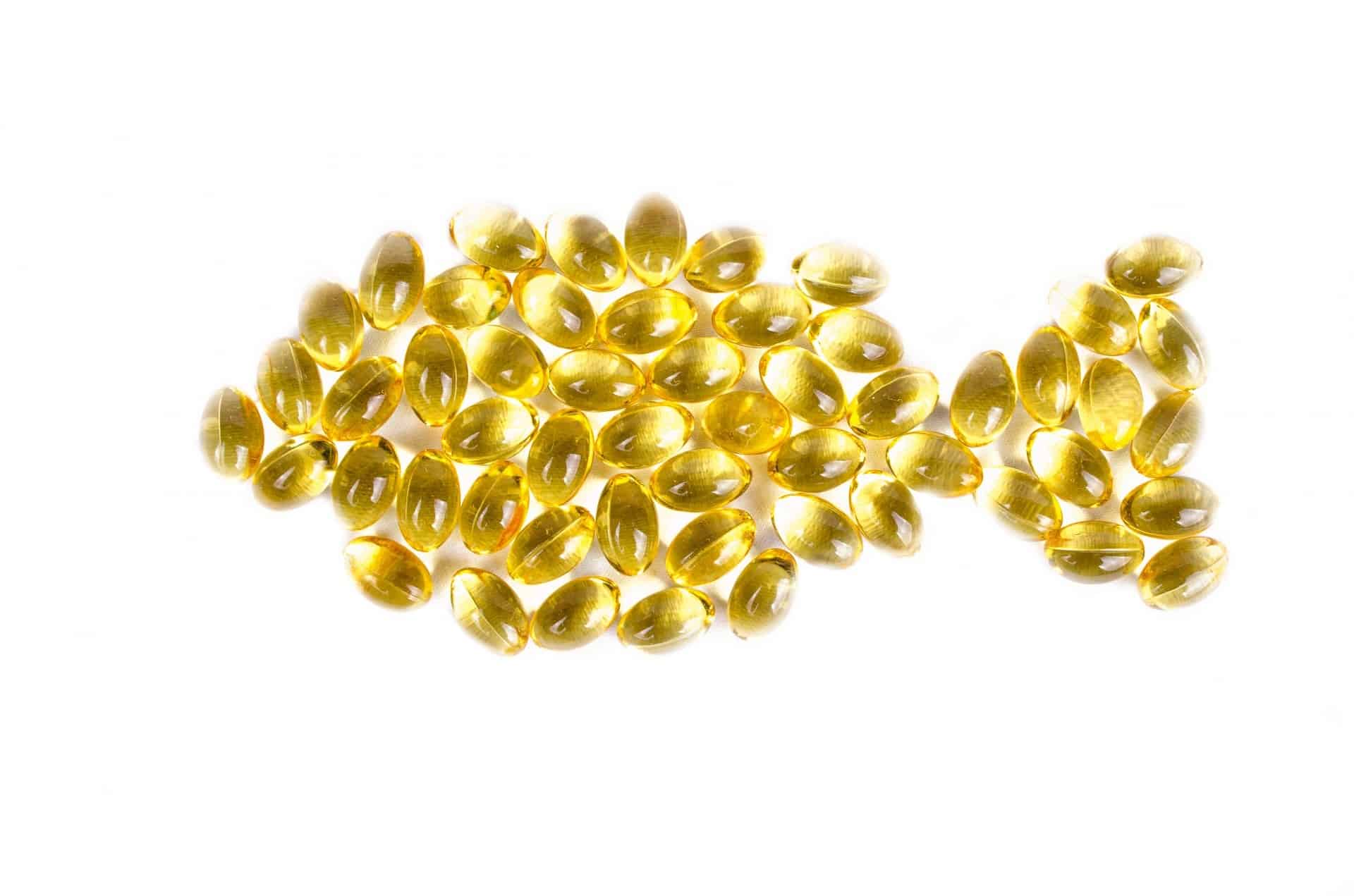Essential Fatty Acids
Omega-3 fatty acids are essential fatty acids that are classed as polyunsaturated fatty acids.

There are three most nutritionally important omega-3 fatty acids:
- Alpha-linolenic acid
- Eicosapentaenoic acid (EPA)
- Docosahexaenoic acid (DHA)
Alpha-linolenic acid cannot be created by your body, so it must be made from the food we eat. However, your body then creates EPA and DHA from alpha-linolenic acid – the food we eat is vitally important for this process!
Benefits of a Diet High in Essential Fatty Acids
A diet high in essential fatty acids can:
- Help prevent the growth of cancer cells.
- Reduce inflammation in your body.
- Help prevent blood clots and thrombosis.
- Increase strength and fluidity of your cell membranes.
- Lower bad lipids in your blood such as bad cholesterol and triglycerides.
- Help to inhibit the thickening of arteries and help arteries to relax and dilate.
- Stimulate the secretion of leptin helping your body to respond to insulin that helps regulate food intake body weight and metabolism.
- Help reduce the degeneration and aid the growth and function of healthy nerve and brain cells.
- Help the absorption of fat soluble vitamins such as A, D, E, K
Essential Fatty Acids and Cell Membranes
Every cell in the body is surrounded by a cell membrane, which is formed mainly from fatty acids. The cell membrane serves highly important functions such as allowing the proper amounts of essential nutrients to enter the cell and making sure waste products are quickly removed by the cell. Epigenetics experts such as Dr Bruce Lipton have shown in studies that the cell membrane is the true brain or intelligent center of the cell.
For your cell membrane to have optimum function it must maintain its integrity and fluidity. If this goes, then your cells lose their ability to hold water and vital nutrients. Your cells ability to communicate with other cells becomes greatly diminished too. Scientists have shown how the loss of cell-to-cell communication could actually be a precursor for cancer.
The majority of your cell membrane is made up of fat, which means the integrity and fluidity of your cell membrane is down to the type of fat you eat. Omega-3 fats produce cell membranes with a high level of fluidity, but if you are deficient in them and are consuming more poor quality fats found in processed foods and refined cooking oils, you develop cell membranes that are harder and less fluid.
Many in-vitro studies have shown how the incorporation of Omega-3 fatty acids into cell membranes can prevent and reduce cancer, and even kill cancer cells. They have also shown how the function of a cell can be optimized as a result, whereas poor quality fats lead to the production of weak, poor functioning, and even cancerous cells.
The Importance of Omega-3’s
Omega-3’s are essential for the production of prostaglandins that are powerful hormone like substances. Prostaglandins regulate highly important functions such as inflammation, allergic responses, nerve function, and blood pressure. Prostaglandins also regulate blood clotting, kidney function, digestion, and even the production of other hormones.
Omega-3 fatty acids produce different kinds of prostaglandins from Omega-6 fatty acids, with opposing physiological effects. All types of prostaglandins are considered beneficial, but an imbalance can be caused by eating more than one type of Omega fatty acids. For example, a high consumption of Omega-6 in processed and refined foods can lead to health problems. This is why it is important to have the right ratio of Omega essential fatty acids.



Leave A Comment